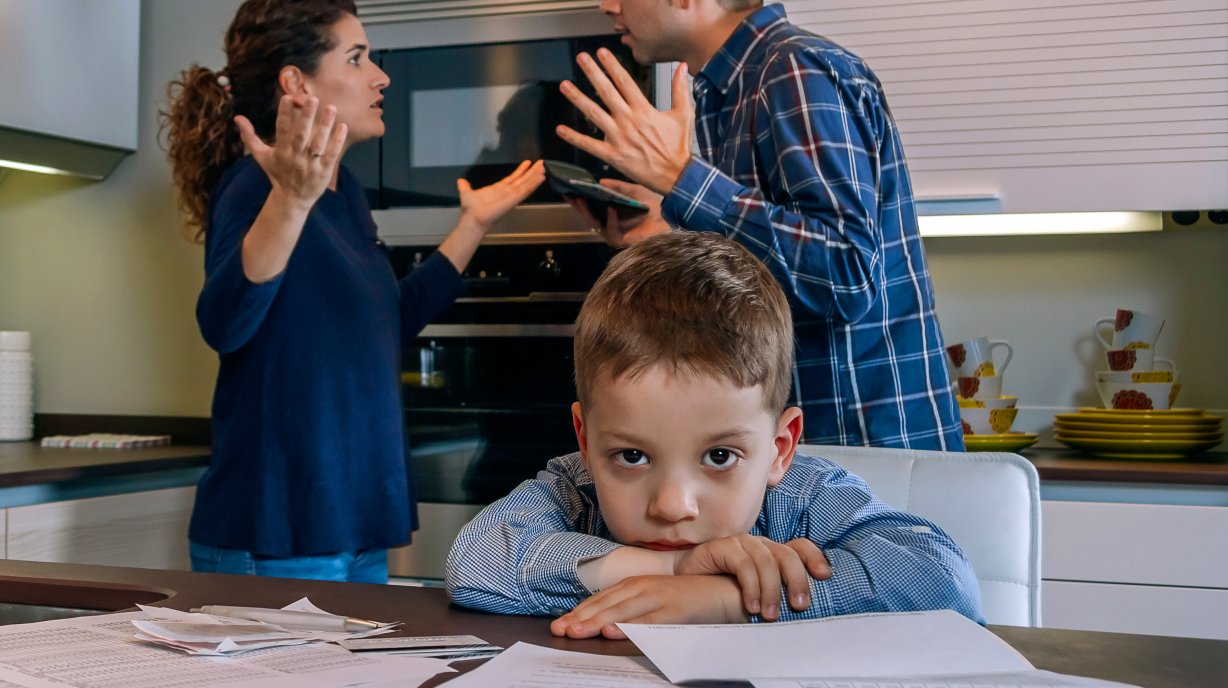
Divorce is a complex and emotionally challenging process that can have a significant social impact on individuals and families. When a marriage dissolves, it can affect not only the couple but also their children, extended family members, and even friends. Contact a divorce attorney in Columbus, Ohio to explore some of the social impacts of divorce and their potential implications.
- Emotional Toll on Individuals
Divorce can have a significant emotional toll on individuals. It can lead to feelings of grief, anger, and loss. Even if a person initiates a divorce, it can still be complex and emotional. The emotional impact of divorce can also be long-lasting, especially if children are involved. Studies have shown that children of divorced parents may experience emotional and behavioral problems like anxiety, depression, and aggression.
- Financial Implications
Divorce can also have significant financial implications. When a couple separates, they must divide their assets and debts. This can be a complex process that requires the help of a financial expert or lawyer. In some cases, one spouse may be required to pay spousal or child support, which can significantly impact their financial stability. If a couple owns a business together, dividing the assets can be even more challenging and may require the help of a business valuator.
- Impact on Children
One of the most significant social impacts of divorce is the effect it can have on children. Children of divorced parents may experience various emotional and behavioral problems, including anxiety, depression, and academic difficulties. They may also be at higher risk of substance abuse and delinquent behavior. The impact of divorce on children can also depend on their age at the time of the separation. For example, younger children may have a harder time understanding the divorce, while older children may experience more anger and resentment towards their parents.
- Changes in Family Structure
Divorce can also lead to changes in family structure. For example, a child may be forced to split their time between two homes or may only see one parent on a regular basis. In some cases, a new partner may enter the picture, which can lead to further changes in family dynamics. This can be particularly challenging for children struggling to adapt to the new situation.
- Impact on Mental Health
Divorce can also have a significant impact on mental health. Studies have shown that divorced individuals are at higher risk of depression, anxiety, and other mental health issues. This may be due to the emotional stress and uncertainty often accompanying divorce. In some cases, individuals may also experience a loss of identity or purpose following a divorce, contributing to feelings of sadness or despair.





More Stories
Criminal Defense – Why Not Testify In Your Own Defense?
Using the services of the Best Divorce Or Household Legislation Legal professional For You – Idea Variety One
How to Choose the Best Eye Doctor